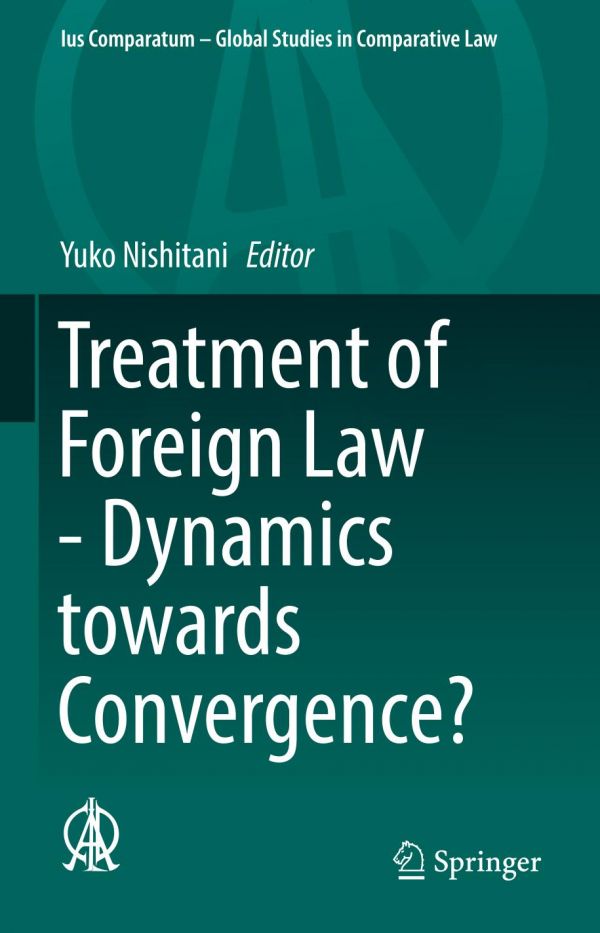

Most ebook files are in PDF format, so you can easily read them using various software such as Foxit Reader or directly on the Google Chrome browser.
Some ebook files are released by publishers in other formats such as .awz, .mobi, .epub, .fb2, etc. You may need to install specific software to read these formats on mobile/PC, such as Calibre.
Please read the tutorial at this link: https://ebookbell.com/faq
We offer FREE conversion to the popular formats you request; however, this may take some time. Therefore, right after payment, please email us, and we will try to provide the service as quickly as possible.
For some exceptional file formats or broken links (if any), please refrain from opening any disputes. Instead, email us first, and we will try to assist within a maximum of 6 hours.
EbookBell Team

4.4
82 reviewsThis work presents a thorough investigation of existing rules and features of the treatment of foreign law in various jurisdictions. Private international law (conflict of laws) and civil procedure rules concerning the application and ascertainment of foreign law differ significantly from jurisdiction to jurisdiction. Combining general and individual national reports, this volume demonstrates when and how foreign law is applied, ascertained, interpreted and reviewed by appeal courts. Traditionally, conflicts lawyers have been faced with two contrasting approaches. Civil law jurisdictions characterize foreign law as “law” and provide for the ex officio application and ascertainment of foreign law by judges. Common law jurisdictions consider foreign law as “fact” and require that parties plead and prove foreign law. A closer look at various reports, however, reveals more differentiated features with their own nuances among civil law jurisdictions, and the difference of the treatment of foreign law from other facts in common law jurisdictions. This challenges the appropriacy of the conventional “law-fact” dichotomy. This book further examines the need for facilitating access to foreign law. After carefully analyzing the benefits and drawbacks of existing instruments, this book explores alternative methods for enhancing access to foreign law and considers practical ways of obtaining information on foreign law. It remains to be seen whether and the extent to which legal systems around the world will integrate and converge in their treatment of foreign law.